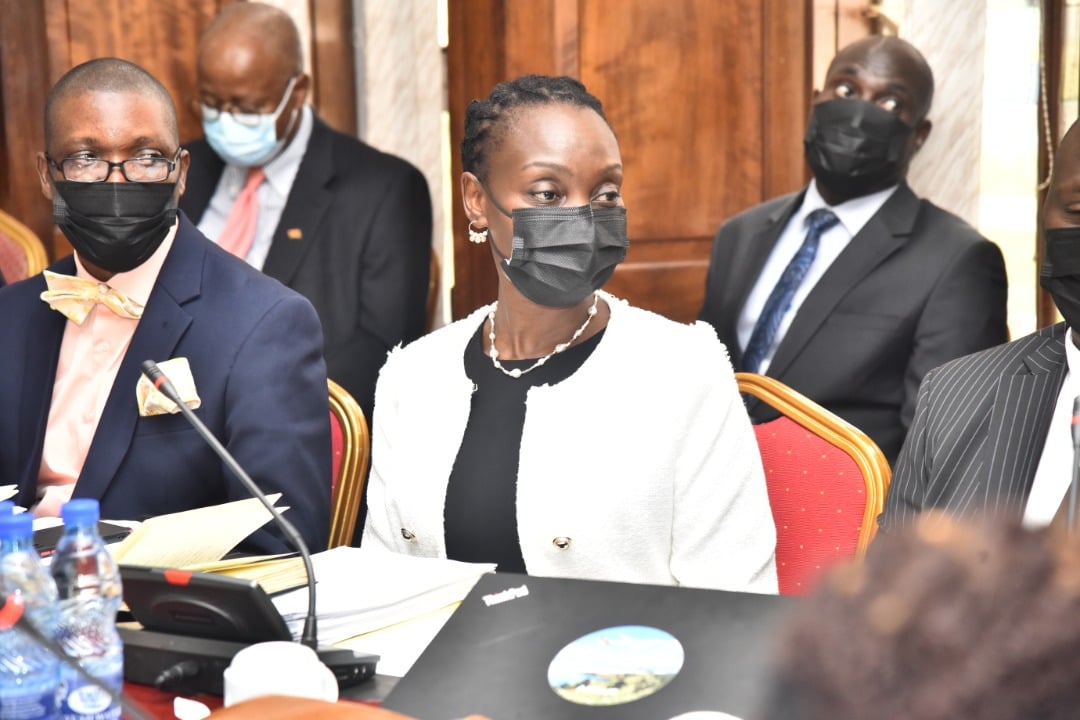Prime
Merit determines whether what rises to the top is cream, or filth

Author: Daniel K Kalinaki. PHOTO/FILE.
What you need to know:
When the best and brightest rise to the top they drive innovation but also enjoy the confidence, respect, and support of those that follow them…
After a board meeting at one of the big government agencies, the chairperson of the board, an eminent and respected senior in society, turned to the chief executive.
“As your contract is coming to an end, you need to apply if you wish to have it renewed and, if so, outline your achievements and why you believe you deserve a new one,” he said.
The chief executive looked across the table, took a deep breath, then responded curtly but calmly. ‘With due respect sir, do you really think my contract renewal has anything to do with you?’
The question remained suspended in the air for a few uncomfortable moments as the rest of the board members busied themselves with their papers and coffees. The chairperson sank back into his chair, quickly reflected on life and its vagaries, then leaned forward.
“Any other business?” he asked, moving on.
This story came to mind during the recent investigation by the Committee on Statutory Authorities and State Enterprises into the affairs at the Uganda Airlines. MPs took exception to the manner in which Jenifer Bamuturaki, the CEO, was confirmed in the position. The confirmation came a day after an audit firm advertised the job, and followed an internecine war within the national carrier that has already cost it its former top managers and board of directors.
There are many problems at Uganda Airlines: air-borne assets purchased before route negotiations were completed sit idly on the tarmac; internal fights rage and it is burning through cash faster than the Concorde guzzled jet A-1.
Which makes the choice of leader important. They have the responsibility to turn around the airline and must enjoy confidence from key stakeholders, including suppliers, staff and most importantly customers, that they are the right fit and know what they are doing. The ineptness with which this was handled does no favour to the airline or anyone involved.
In its early days, the NRA/M government had an unwritten policy of putting its cadres in the number one or two position in key agencies and jobs. Part of it was merely to reward friends and supporters or fill vacant positions abandoned by members of the ancient regime that had fled into exile.
Some of the roles were considered too important to be left in the hands of non-cadres. If it was a technical role, the cadre was given the number-two job and encouraged to watch and learn, until they were fit to take the reins. Usually this involved pursuing the relevant academic qualifications or related courses to accompany loyalty with a suitable level of competence.
The rapid expansion of the evening degree programmes at Makerere and the proliferation of private universities played a key role in this dynamic.
If this selection criteria to key jobs was understandable then, it is surprising and even damaging today. These compensatory mechanisms, aka the spoils of war, are meant to be short-term fixes. They should return supporters of the winning side in the position they were in or would have been in had they not been deprived of their time and property, voluntarily or otherwise.
When the mechanisms are sustained to the point of compounding the profit and across generations, they lead to at least two unsavoury outcomes. First, they build a sense of entitlement that is ring-fenced around particularities. You either belong, or you don’t. Those who are on the outside have no incentive to work hard, for there is self-respecting way to work one’s way in. This builds resentment.
It also unfairly disadvantages those who are genuinely qualified, but also have ties to loyalty. Nothing they achieve is out of anything other than their social ties.
Societies are propelled upwards on the solid-fuel rocket of meritocracy. When the best and brightest rise to the top they drive innovation but also enjoy the confidence, respect, and support of those that follow them and are willing to work for them.
Remember that board meeting? It ended shortly after, and a few weeks later the board members learned that the President had renewed the chief executive’s contract. A few months on, however, the chief executive was fired for poor performance. Cream rises to the top, but sometimes so does filth.
Mr Kalinaki is a journalist and poor man’s freedom fighter.
[email protected]; @Kalinaki




